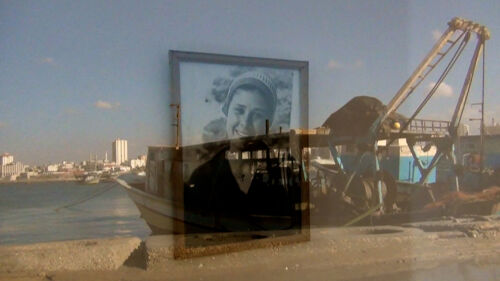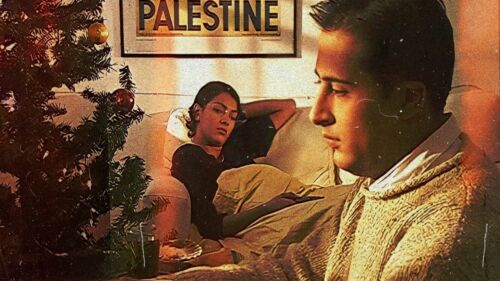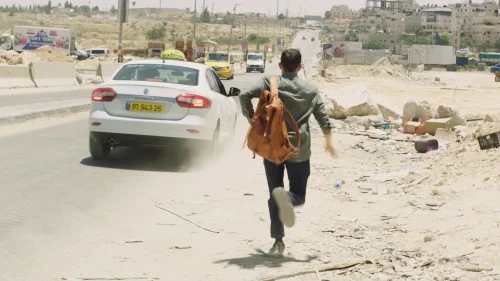
HOME MOVIES GAZA
An introduction to Gaza Strip as a microcosm for the failure of civilization. In an attempt to describe the everyday of a place that struggles for the most basic of human rights, this video claims a perspective from within the domestic spaces of a territory that is complicated, derelict, and altogether impossible to separate from its political identity.
Palestine 2013 / 24:00 / Director: Basma Alsharif

SCENES OF THE OCCUPATION FROM GAZA
A rare film by the legendary filmmaker Mustafa Abu Ali, one of the founders of the Palestine Film Unit, the first filmic arm of the Palestinian revolution. Shot by a French news team, the footage was edited by Mustafa in Lebanon to produce one of the earliest films on the occupied territory in Gaza. Scenes of the Occupation from Gaza employs experimental editing tech-niques to produce a cinematically and politically subversive film. The film won the prize as best film at the Damascus Film Festival in 1973 and was screened at multiple festivals. It was the only film produced by the Palestine Cinema Group, which in 1974 became the Palestine Cinema Institute.
Palestine 1973 / 13:00 / Director: Mustafa Abu Ali

CYBER PALESTINE
Cyber Palestine is a parable about a modern-day Mary and Joseph, two Palestinian returnees living in Gaza, and their tribulations with the Israeli occupation.
Palestine 1999 / 16:00 / Director: Elia Suleiman

AN ORANGE FROM JAFFA
Mohammed, a young Palestinian, is desperately looking for a taxi to take him through an Israeli checkpoint. The driver, Farouk, discovers that Mohammed has already failed to cross the checkpoint. Trouble begins.
Palestine 2024 / 27:00 / Director: Mohammed Almughanni
